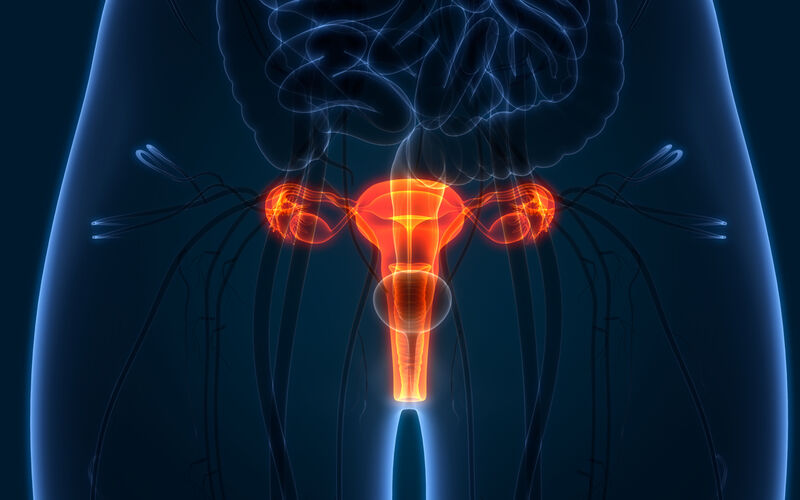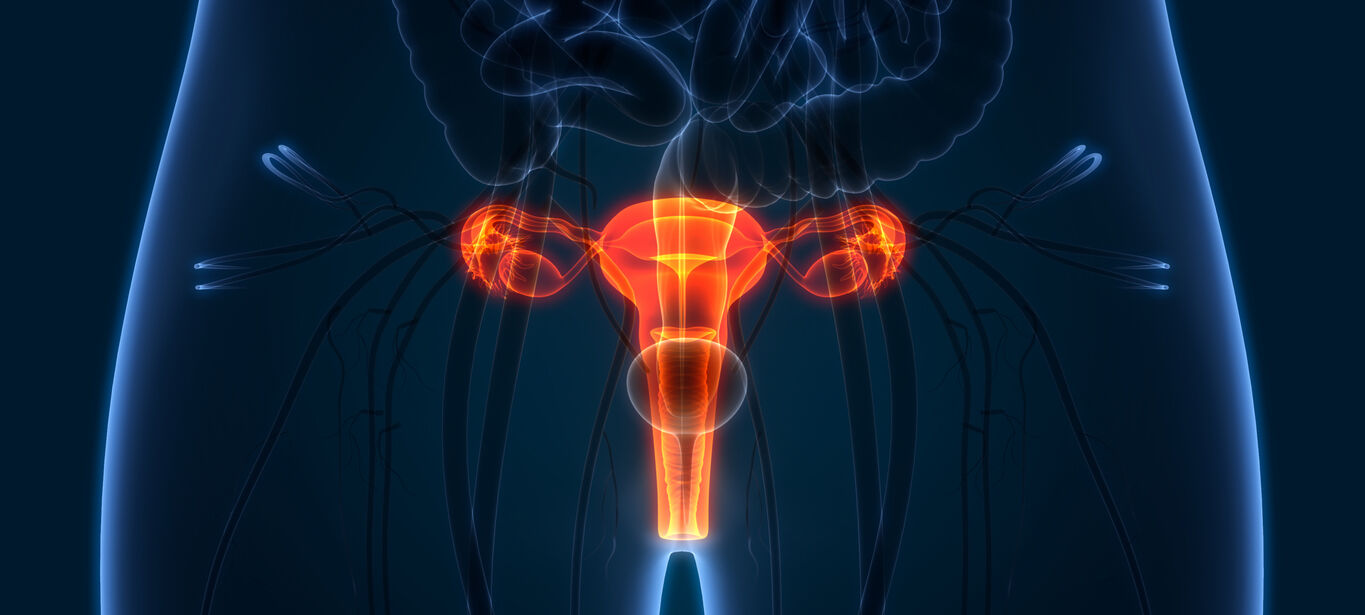Self-Swab HPV Test Added as New Option for Cervical Cancer Screening
The three main ways to test for cervical cancer include a Pap smear, an HPV test (the human papillomavirus causes cervical cancer) and a cotest, in which both tests are done at the same time. The U.S. Preventive Services Task Force is now looking to add another option.
Women 30 and older may go to a doctor’s office to collect their own samples from the vagina to check for HPV, according to new guideline recommendations. In May, the U.S. Food and Drug Administration approved self-collection samples for HPV in settings like primary care offices, urgent care, mobile clinics and pharmacies. This is not being recommended for collection at home.
Starting at 30, women can collect their own vaginal samples for HPV testing at a doctor’s office. https://t.co/WDWgo51yKL
— NYT Science (@NYTScience) December 11, 2024
This testing method is recommended every five years for women from age 30 until 65, when most can stop screening.
According to the task force, other screening options for those 30 and older include continuing with Pap smears every three years or a combined Pap smear and HPV test every five years. Additionally, the task force notes women in their 20s should still get a Pap smear every three years.

With the new self-swab option, Moffitt Cancer Center’s Physician-in-Chief Karen Lu, MD, urges women to continue visiting the gynecologist annually.
“Don’t lose the forest for the trees,” Lu said. “Talk to your doctor about the frequency of screening. The most important thing is to continue to have regular screenings and discussions with your doctor.”

Monica Avila, MD
When abnormalities are detected early, cervical cancer can often be prevented or successfully treated. “Cervical cancer on average takes a decade to go from pre-cancer to cancer,” said Monica Avila, MD, a gynecologic oncologist at Moffitt.
There is also an HPV vaccine, which protects against the strains of the virus that are most likely to lead to cervical cancer. A recent study published in JAMA found a decrease in cervical cancer deaths among women younger than 25, which the researchers noted is likely due to HPV vaccinations.
HPV vaccination prevents new HPV infections but does not treat existing HPV infections or diseases. The Centers for Disease Control and Prevention recommends HPV vaccination for:
- Boys and girls starting at ages 9 through 12
- Everyone through age 26 if they have not been vaccinated
- Some adults ages 27 through 45 based on discussions with their doctor if they have not been vaccinated (vaccination in this age range provides less benefit because most people have already been exposed to HPV)




